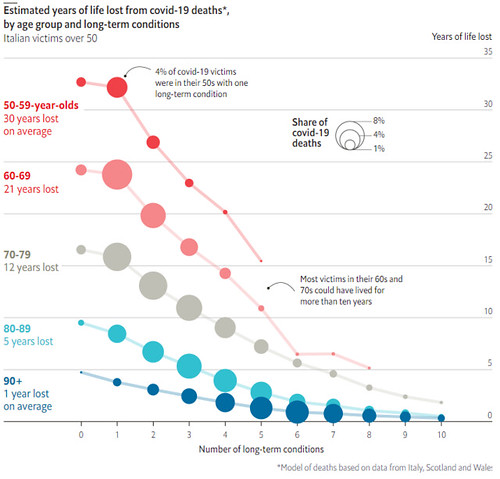
The stream isn't the dump this view suggests. However the bees are as irritatingly badly placed to be scooped up as the pic suggests. All the dry sticks need to be broken off and since they snap jerkily, that upsets the girls.

We came back with a big cardboard box and after cutting back the sticks mostly and not disturbing the bees too much, I scooped them into the box which is easier to say than to do, and we hoped for the best: there's an awkward time when you can't tell if the queen is inside or outside, and whether the stream of bees is heading towards settled or needing recapture.

Happily, they had settled, and a little later were taken away to their fine fresh new home (from which they decanted, but not far, and my friend recaptured them with no help from me).
After that my occasional run to Grantchester revealed that the rape fields were fading which is the sign for the spring recolte, and after an extensive period of nettle-chopping and other weeding the hives were fit to be seen to.
The first revealed - again, alas - a birds nest in the eaves. Will they never learn? It had three cute little eggs in it. I felt guilty, but Google Lens tells me these are of the Great Tit and it clutches in 12s, so perhaps these were just failures that didn't take. Anyway, I destroyed the nest and later repaired the mesh. See here for the eggs. See here for the hole in the gauze.

Inside... about half the frames were capped and that seemed good enough. On a first go I didn't explore the lower super; you can have too much of a good thing. Also there was a small amount of brood in the middle. How did that get there? Tut. So I thought I'd let the lower super sort itself out, somehow.
That was enough excitement for one day, but happily the next was sunny too so onto hive #2. This initially looked like it had gone solid, but that was illusion, it was mostly fine. And just like the first hive it seemed quite well populated, so I'm slightly puzzled as to which had swarmed. This too I managed to deal with quite efficiently, and put the newly emptied frames under the remaining full super, which I left for later. Spinning it all out the honey extractor was full, and I then recalled that I didn't have any jars left, so taking off any more supers can wait for Thornes' finest to deliver.
General view. Hive #1 straight ahead, hive #2 R, spare super and roof hanging around just in case they feel like swarming into it; and spun frames awaiting replacement in hive #2.

Hive #2: formerly top, now spun, super put back on, and the formerly lower, still unharvested, super off to the R on top of the green box awaiting replacement on top. All the comb standing up will have to be removed before replacement.
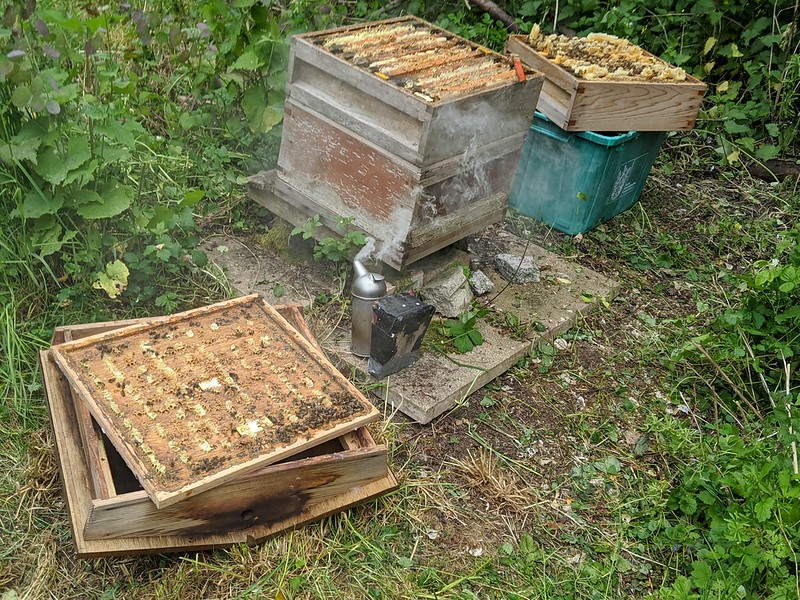
Inside hve #2 top super before it came off. You can do this "properly" with bee excluders, but I don't bother with that, and just remove it frame by frame, carefully brushing away bees as I go.

As I scraped off the upstart comb from the now-top super it went into the box together with the attendant honey; so afterwards I let them have it back. Side note: when I took off another super a week later, they had completely removed all the honey and the wax too.

There's a video on Youtube of tapping off the spun honey.
Update
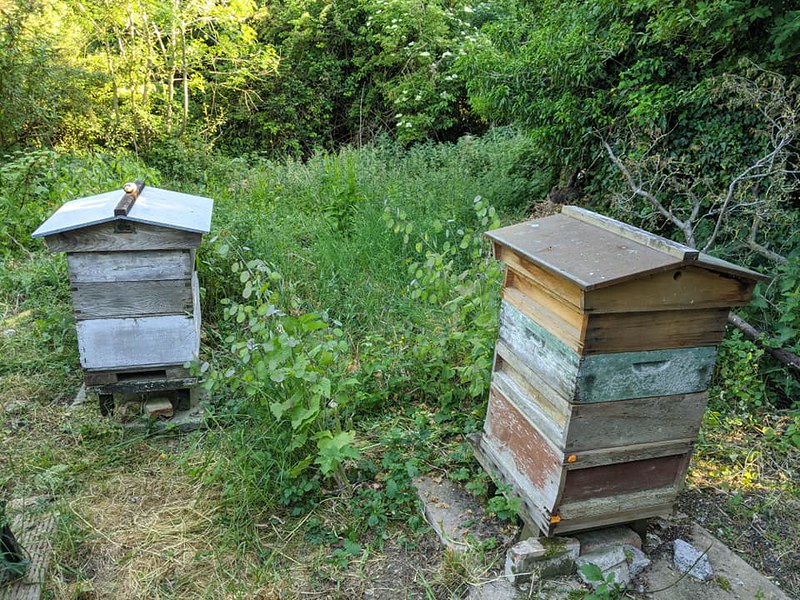
Lot marks
For my memory:
* '20B - 2020 (duh), from the Blue Bowl.
* '20T - 2020, from the Tub.
* '19H - 2019, from the tub that Miranda used, melted out, hence "Hot".
* '20S - 2020, Second lot (currently in the tub) from the second super on Coppertop.
Refs
* Dominic Cummings versus Whitehall - Phillip Collins; includes the "salary increase".
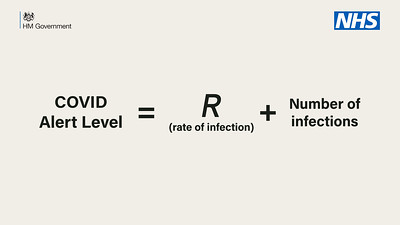
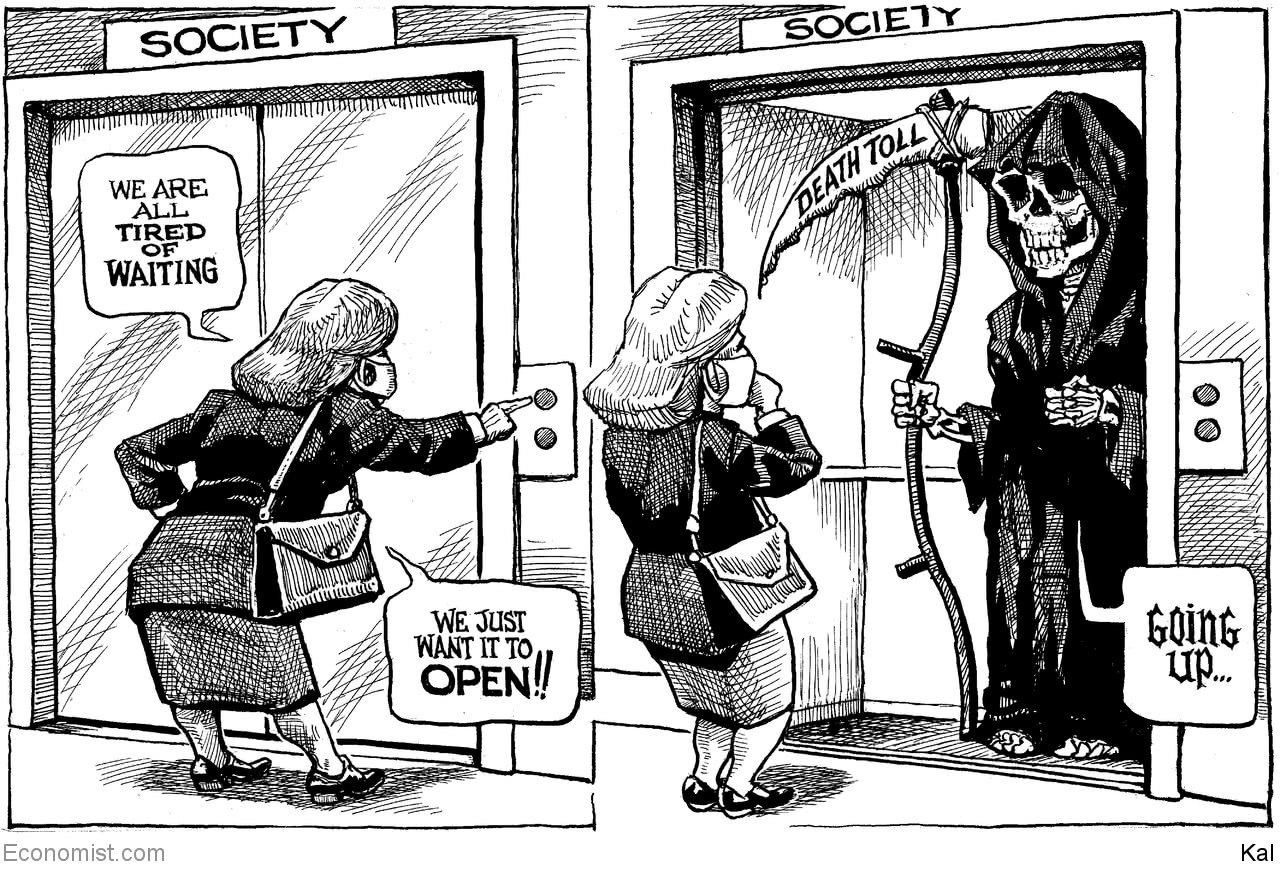
 But not by me, I hasten to add.
But not by me, I hasten to add.
